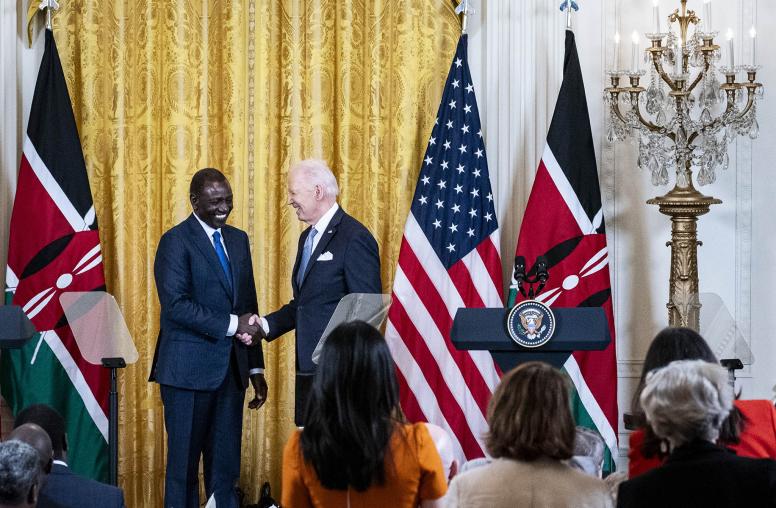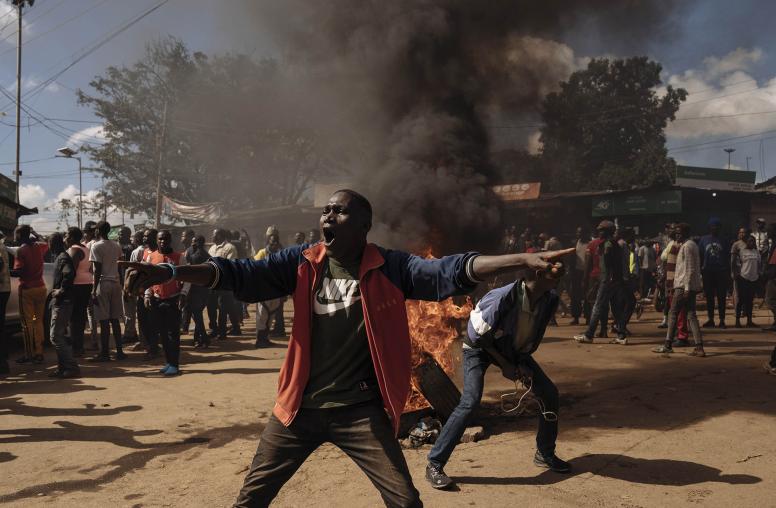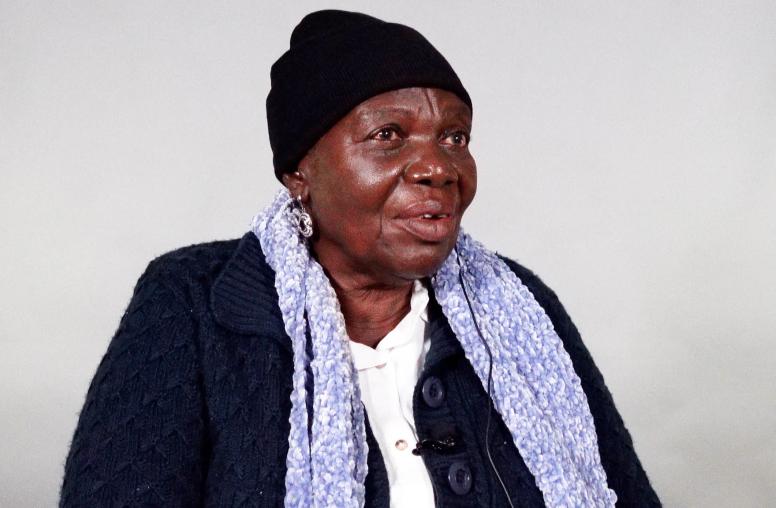Resettling Kenya's Internally Displaced Persons
The most recent post-election violence in Kenya resulted in the displacement of about 600,000 people. This is in addition to the 380,000 people that the United Nations estimate have remained internally displaced since the clashes of the 1990s. In addressing the consequences of the post-electoral violence, Kenya's new coalition government has made the resettlement of IDPs a top and visible priority, launching "Operation Return Home" this past May. How effective has that operation been in meeting the needs of the displaced? What can the Kenyan government and other actors do to facilitate durable solutions for the displaced persons in Kenya? How have displaced women fared? Please join us for a discussion on the issue of election-violence displacement in Kenya and the efforts necessary to resettle the displaced persons.
Speakers
- Dr. Jacqueline Klopp
Columbia University - Warigia Bowman
Harvard University - Dorina Bekoe, Moderator
U.S. Institute of Peace



